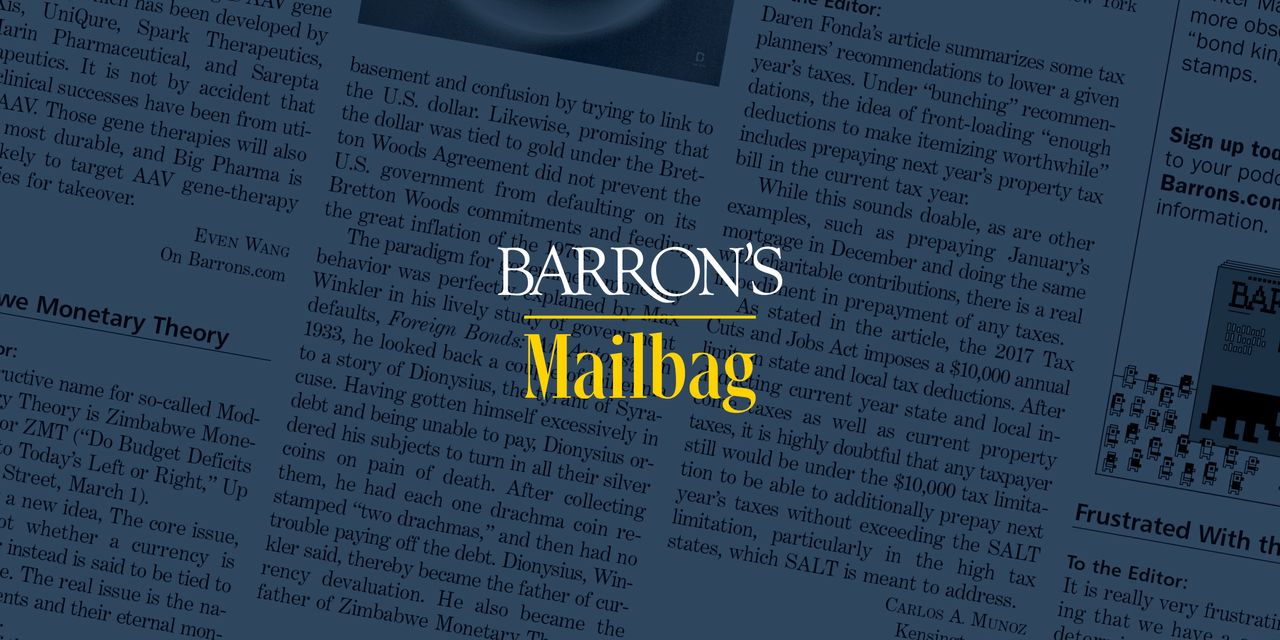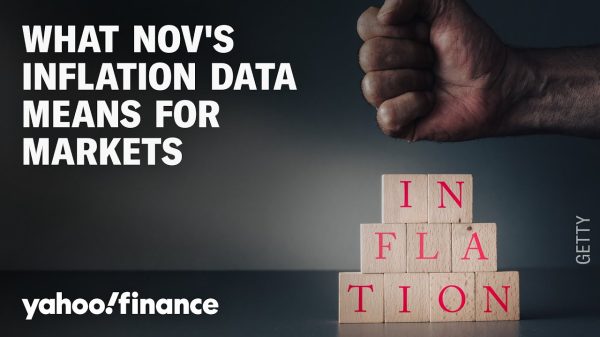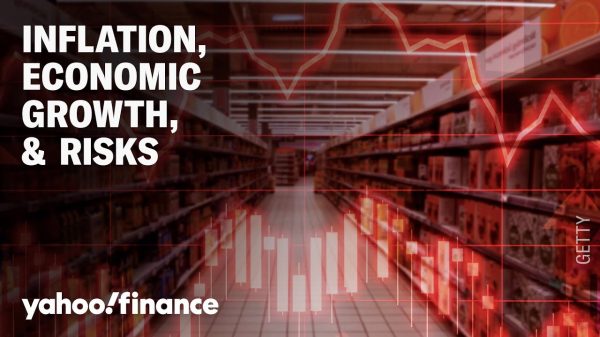To the Editor:
The “crypto is back” argument is undercut by the fact that Bitcoin is trading more than 50% below its record high (“Crypto Is Staging a Major Rebound. How It Survived a $3 Trillion Crash.”, Cover Story, May 25). If you’re excited by that, you should be ecstatic about Walmart, which is down only 10% from its high.
I get that crypto is the bright, shiny object now. However, there’s another bright, shiny object trading down about 7% from its high. It’s called gold.
Gene Sweet
Chicago
There’s No Stopping AI
To the Editor:
I own a software business and am a coder (“AI Could Turn Some Tech Winners Into Has-Beens,” Up & Down Wall Street, May 26). We’re now using ChatGPT4 on a daily basis. It’s increasing our productivity significantly and making life easier.
Artificial intelligence is coming a lot faster than folks realize. It’s already really far along. The idea that “guardrails” are going to get put on it by a bunch of 80-year-old legislators is nonsense. That will just stifle innovation and make the U.S. lag behind other countries.
You think China is pausing? Also nonsense. AI is already in the wild, and there’s no stopping it now. And a “six-month moratorium” is almost comical—who is going to stop its development at this juncture? If the other guy slows down, then great. But obviously these companies all know this.
Robert Albrecht
On Barrons.com
Hiding Out in T-Bills?
To the Editor:
While T-bills are appealing right now, they are also not the correct solution for long-term investors regardless of their current yield (“Yield-Hungry Investors Are Feasting on T-Bills,” May 26).
Investing for a multidecade time horizon requires significant equity exposure in order to maintain purchasing power. The allure of temporary high yields and the illusion of safety may harm these investors by distracting them from having the appropriate allocation to stocks within their portfolios.
Eventually, the Fed will lower interest rates, the economy will improve, and the market will rebound. Timing exactly when this will occur is impossible. However, hiding out in T-bills will cause many investors to miss the boat.
Jonathan I. Shenkman
West Hempstead, N.Y.
Means Testing
To the Editor:
Perhaps the most frustrating aspect of Elizabeth O’Brien’s fine article on the urgent need to fix the Social Security system is the apparent lack of courage to apply any sort of means testing to prospective beneficiaries (“3 Options for Fixing Social Security, From $200-a-Month Raises to Means Testing,” May 26). This is contradictory to other government programs in which means testing is used to ensure that the benefits go to those who need them.
Clearly, people who approach retirement as billionaires or multimillionaires don’t need Social Security, and means testing will not hurt them in any way.
Sure, there’s the old argument that since I paid into it, I’m entitled to it. I would remind everyone that you also had unemployment insurance taxes deducted from your paychecks, and if you’ve been fortunate enough to go through your career without collecting unemployment insurance, you aren’t entitled to a refund. There are some assessments that are simply made for the overall benefit of society.
Given the vast amount of information the government has about people’s asset holdings and insurance industry mortality tables, I believe that a reasonable standard could be established to determine whether a person truly needs Social Security in their lifetime. If circumstances change, a person could reapply with proof showing why their financial condition has drastically declined.
If we don’t do anything, the people who really need the benefits will find that they will be getting less than expected, and there is no excuse for this.
Arthur M. Shatz
Astoria, N.Y.
Torsten Sløk
To the Editor:
Along with a few other economists, I follow Apollo Global Management Chief Economist Torsten Sløk’s views very closely on financial programs, and I have always regarded him as a sober and balanced commentator, as evidenced by the views expressed in “This Economist Thinks a Recession Is Coming. It Could Be a Long One” (Interview, May 25).
I share his short- to medium-term pessimism on the economic/market outlook and will look out for the signs of a turnaround as identified by him.
Therefore, I’m in no rush to go overweight on equities.
Johan Marais
On Barrons.com
China’s Growth Quality
To the Editor:
Perhaps it would be better to measure the quality of growth (“The Era of Chinese Supergrowth Is Over,” Other Voices, May 26). In China’s case, the misallocation of trillions of yuan exaggerated economic prosperity. Sure, growth is mightily enhanced by building ghost cities. It takes more steel, glass, iron ore, copper, human capital, etc. Demand is artificial, but companies respond by adding more capacity, which further embellishes growth.
However, what is left once the growth party ends is too much capacity, falling asset prices, and a mountain of bad debt. When politicians, bureaucrats, and investors see long periods of double-digit gross-domestic-product growth, perhaps they should be more cautious in the future.
Richard Saler
On Barrons.com
Send letters to: [email protected]. To be considered for publication, correspondence must bear the writer’s name, address, and phone number. Letters are subject to editing.
Read the full article here












